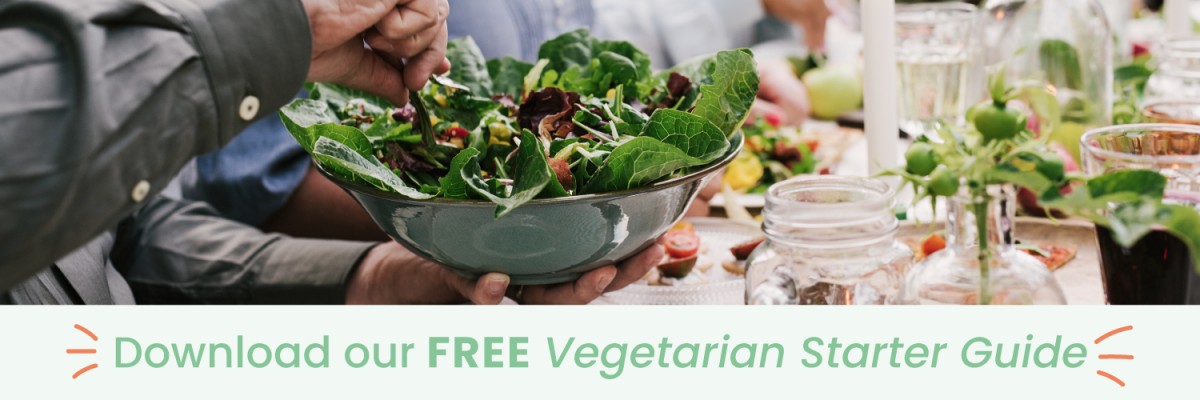While the milk industry has spent decades trying to convince us that children need cow’s milk to be healthy, this could not be further from the truth. From lactose intolerance to poor heart health and even cancer, a range of ailments can be traced to consuming dairy products.
The main reason human children should not consume cow’s milk is simple: Children and calves have different nutritional needs. The director of clinical research at nonprofit Physicians Committee for Responsible Medicine (PCRM), Hana Kahleova, MD, PhD, told LIVEKINDLY:
Babies need to double their birth weight in about 180 days, while cows need to double their birth weight in about 40 days, so they have completely different physiological needs. In summary, milk and dairy consumption is associated with significant health risks, and it’s definitely not something that humans need.
Lactose Intolerance
Lactose intolerance is exceedingly common, with symptoms often including diarrhea, abdominal pain, bloating, and flatulence. According to the National Institutes of Health, an estimated 30 to 50 million American adults are lactose intolerant. Communities of color—such as Black Americans, Native Americans, and Asians—are particularly hard hit. Kahleova stated:
At the age of five, most children in the cultures around the world develop lactose intolerance. So to say that dairy is indispensable to their health, we would be ignoring the fact that most cultures don’t consume dairy or milk on a regular basis.
Poor Heart Health
According to PCRM, dairy products are the “top source of saturated fat in the American diet,” which negatively affects our hearts. Cow’s milk also contains high amounts of sugar, with a whopping 11 grams in just eight ounces of fat-free milk. Too much sugar is another contributor to heart disease. Kahleova explained:
If milk is a key component of a child’s diet, this is a significant source of added sugar that’s not only unhealthy but may be associated with other problems.
Cancer
In a Harvard study, men who drank two or more glasses of milk a day were nearly twice as likely to end up with advanced prostate cancer compared with those who did not drink milk. And, a recent analysis of 12 studies covering more than 500,000 women found that women taking in more lactose were at higher risk for ovarian cancer. Kahleova stated:
In human studies, milk consumption has been tied to prostate, ovarian, and breast cancer. Another association has been identified between milk and ovarian cancer, particularly in African American women. A recent study from Loma Linda University by Dr. Gary Fraser has also shown that milk consumption is strongly associated with breast cancer.
Bone Health
In her BMJ article “Bone Health in Children: Guidelines for Calcium Should Be Revised,” Amy Joy Lanou cites evidence that calcium and dairy products do not have a “clinically relevant impact” on the bone health of young people. She points to other areas that are proven to positively impact bone health, such as exercise and vitamin D, along with eating more fruits and vegetables and avoiding meat. She argues that high calcium recommendations in nations like the United States, Australia, and the United Kingdom need to change:
While the policy experts work on revising recommendations, doctors and other health professionals should encourage children to spend time in active play or sports, and to consume a nutritious diet built from whole foods from plant sources to achieve and maintain a healthy weight and provide an environment conducive to building strong bones.
What should kids drink instead?
Plant milks are a wonderful addition to a child’s balanced, nutritious diet. In fact, fortified soy milk contains no estrogen, unlike cow’s milk, and has isoflavones—chemical compounds that may help protect from heart disease, osteoporosis, and some cancers.
Looking for healthy plant-based meals to cook for your kids? Look no further! Download our FREE Vegetarian Starter Guide for vegan tips and inspiration, or check out our Pinterest page for thousands of recipes.
